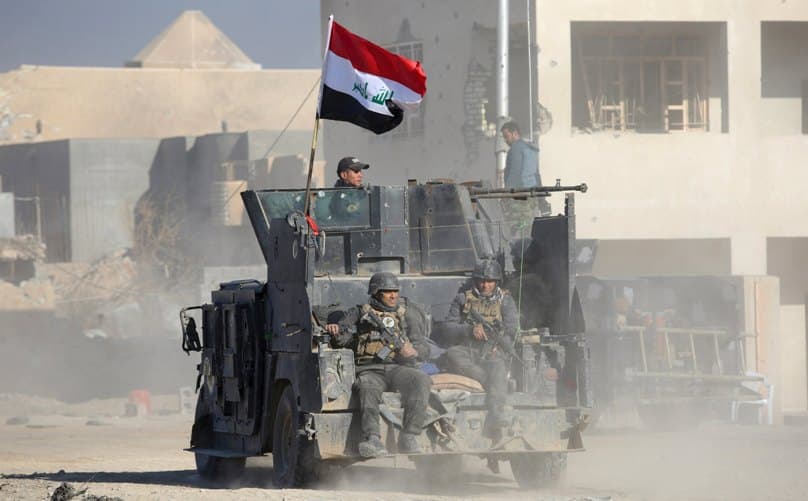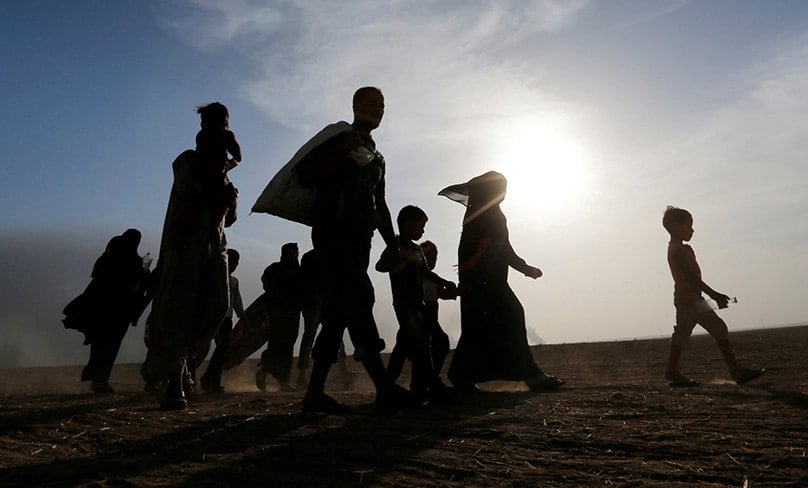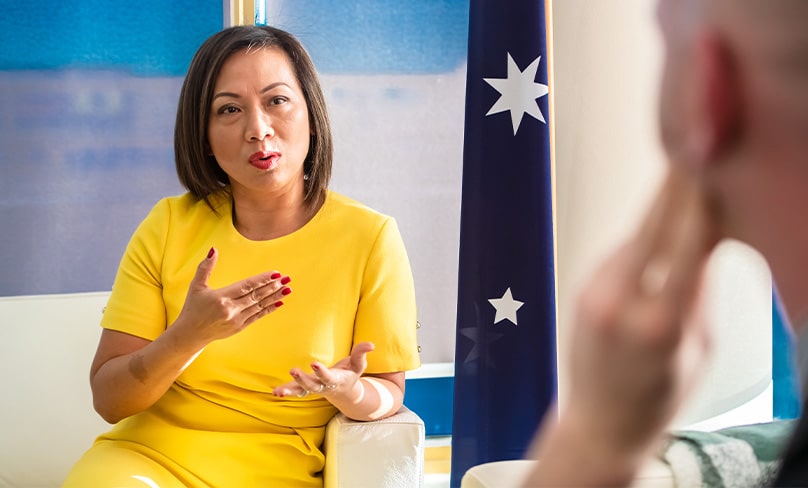
Violent extremism experts say that resettling former “ISIS brides” and their children will be an extremely delicate matter, but local politicians in Western Sydney are already up in arms over what they see as a lack of consultation.
Mariam Farida, an expert in countering violent extremism from the Department of Security Studies and Criminology at Macquarie University, said the concerns of Iraqi Christians like Archbishop Nona are real.
“These worries and concerns are completely understandable, and they do have merit to a certain extent,” she said.
“It’s a really delicate matter – we need to tread carefully around what we mean by reintegration.”
“This will be a very challenging thing for the community, because I don’t think anyone would be very happy to know they’re living alongside someone who’s been to Iraq or Syria or who has been accused of being a bride of a former ISIS fighter.
“It’s a really delicate matter – we need to tread carefully around what we mean by reintegration.”
Dr Farida told The Catholic Weekly that Australian intelligence services have distinguished between women who were coerced and those who provided support to ISIS.

“I do think this is a really good start. If it’s been confirmed enough that these women have participated alongside actions ISIS were doing in Iraq and in Syria, then yes they should be tried and prosecuted in Australia, under Australian law, as Australian citizens,” she said.
Those who are resettled will be subject to a “lengthy process” of control orders, surveillance and other programs.
Yet politicians are concerned about the lack of consultation around the decision to reintegrate the “ISIS brides” into their communities.
“It’s clear that the decision to repatriate was made without considering how it would impact our local migrant community …”
The Federal Member for Fowler, Dai Le, whose electorate is home to most of Australia’s Assyrian community, expressed her frustration to The Catholic Weekly.
“It’s clear that the decision to repatriate was made without considering how it would impact our local migrant community, or how the news would be received here in Western Sydney – many of whom have fled worn torn countries to escape the terrorist threat of ISIS,” she said.
Ms Le has written to the Foreign Minister and Minister for Home Affairs, Clare O’Neil, for more details.

A spokesperson for Ms O’Neil declined to comment on community consultation, saying that, “The Albanese Government’s overriding priority is the protection of Australians and Australia’s national interests, informed by national security advice”.
Cumberland City Councillor Steve Christou said the lack of consultation was “just a flagrant disregard for the wellbeing of the public”.
“Here’s my concern: the Federal Government makes a moronic decision to bring them back to Australia, but it’s the communities and the local council that inherits these people who are left footing the bill,” he said.
“Yet the alternative to repatriating the women and children from detention overseas would be to release, them in Syria … could expose the women to further violence or even death”
Around a quarter of Cumberland Council’s population are Muslim. Mr Christou said the majority of Muslims he has spoken to about the repatriation plan do not support it.
Yet the alternative to repatriating the women and children from detention overseas would be to release, them in Syria which Dr Farida said could expose the women to further violence or even death.
“It’s still chaos there, there’s still militias around. Or some of them will end up in the pockets where the ISIS influence is still there,” she said.
“It’s a really dark kind of alternative. But again we go back to the question of the Australian government’s ethical and legal obligation. They are Australian citizens first and foremost.”
